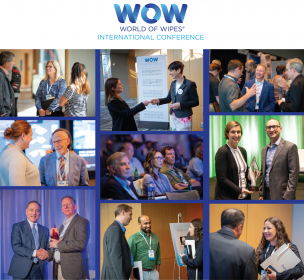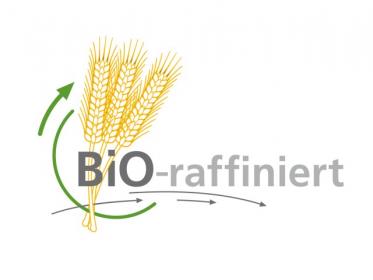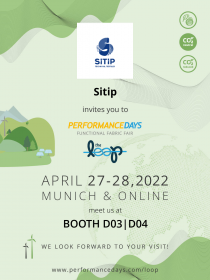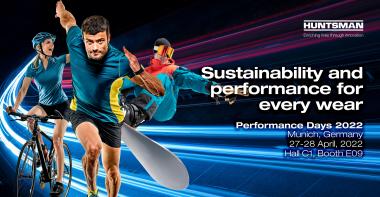Bemberg™ by Asahi Kasei taking part at White Sustainable Milano
- New fibre with a circular economy footprint obtained from cotton linters through a closed-loop process
- September 22-25, 2022, WSM-White Sustainable Milano, Visconti pavilion
For the second time in a row Bemberg™ by Asahi Kasei takes part to White Sustainable Milano, the first fashion trade show entirely dedicated to the research and focus on new materials and technologies able to lead to a real ecological transition, developed in collaboration with Giusy Bettoni, CEO and founder C.L.A.S.S., and Marco Poli, Founder of The Style Lift.
After becoming a leader in formalwear lining, in the latest decade this fiber by Asahi Kasei has been able to evolve towards new consumer needs and desires, moving itself towards many different applications such as intimate, fashion, formalwear and activewear. Bemberg™ by Asahi Kasei arrives at WSM with a new step into its journey and evolution in contemporary style with a new Staple-fibre that unlocks creative paths towards mew aesthetics, touch and sustainability.
A new yarn range that expands the company’s realm of applications for the fashion and luxury industry, including also knitwear, jersey and casualwear. Indeed, the fibre comes with a circular economy footprint obtained from cotton linters through a closed-loop process. Bemberg™ also ensures certified sustainability credentials through its transparent and traceable approach.
At WSM fair, the company proves it by unveiling a collection of t-shirts developed in collaboration with the MagnoLab smart network of Italian companies. Circular economy and environmental responsibility meet aesthetic research with a collaborative imprint.
The new t-shirt collection created in synergy with MagnoLab, a network of Biella-based companies bringing forward initiative and collabs related to sustainability and circular economy. Staple-fibre is the top ingredient of the collection. The cut t-shirts are presented both in sheer and blends with other certified fibers, including GOTS cottons and RWS wools, capable of enhancing both the hand of the final garment and the performance of the brand-new yarn.
C.L.A.S.S.

































